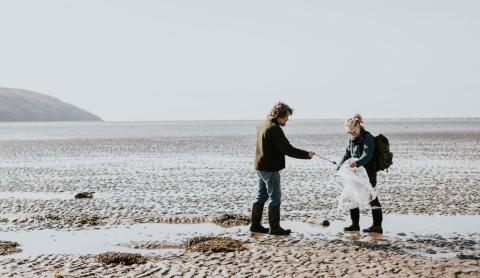Learn about business and nature
We're confronting a crisis in nature, and it demands urgent action.
The loss of pollinators like bees is already reducing availability of raw materials and food. The destruction of wetlands, saltmarshes and coastlines is disrupting supply chains. Everyone experiences increased costs due to nature loss.
But there is hope. Already, inspiring people are revolutionising their workplaces to better align with nature.
In fact 70% of employees surveyed said they’d be likely to encourage their employers to take action to help nature. (YouGov, 2024)
Get to know your impact


Every workplace has a role to play
Businesses are in a unique position to help solve the nature crisis because many have influence through their value or supply chains. They can move faster than any government in tackling a problem and they have access to some of the best minds, funding and technology.
But we need to accelerate the levels of understanding amongst business leaders and employees. Many businesses have woken up to the climate crisis and are planning their journeys to net zero. But the destruction of nature is an interlinked and equally critical threat that many businesses are unprepared for – only 3 in every 100 UK businesses currently monitor nature and biodiversity risks.

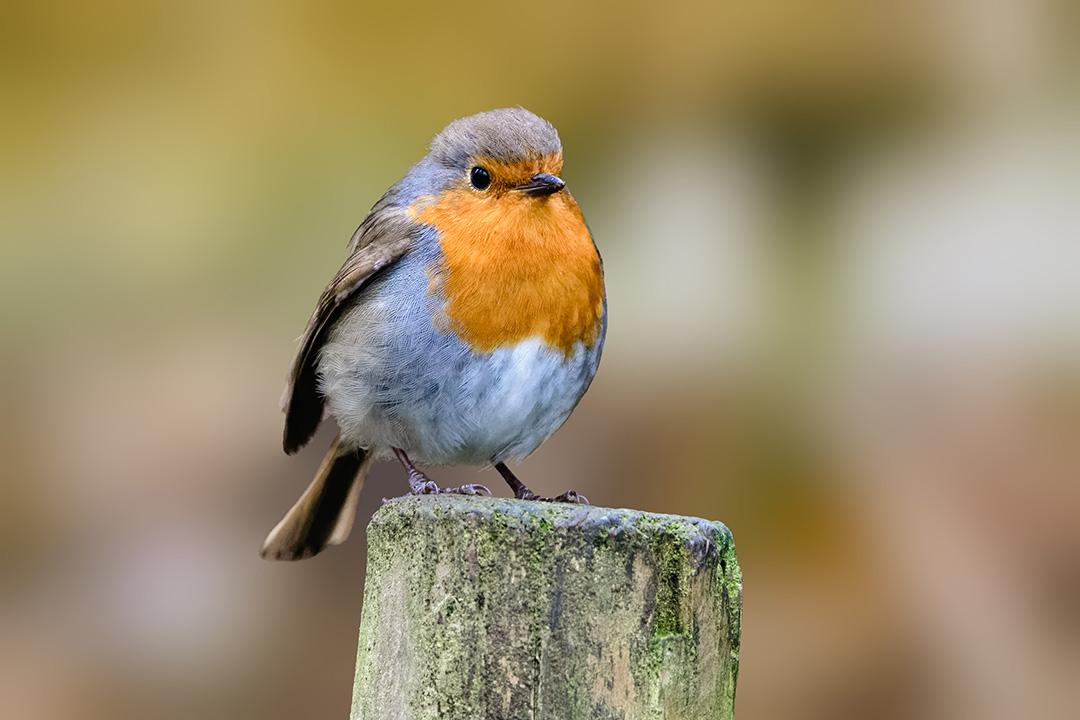
We’ve lost so much, that the UK is now one of the most nature-depleted countries in the world, ranking in the bottom 10% globally.
In 2021 alone, economic loss due to natural catastrophes was US$270 billion.
The cost of not dealing with the nature and climate crisis is predicted to be vastly greater than investment in change and solutions.
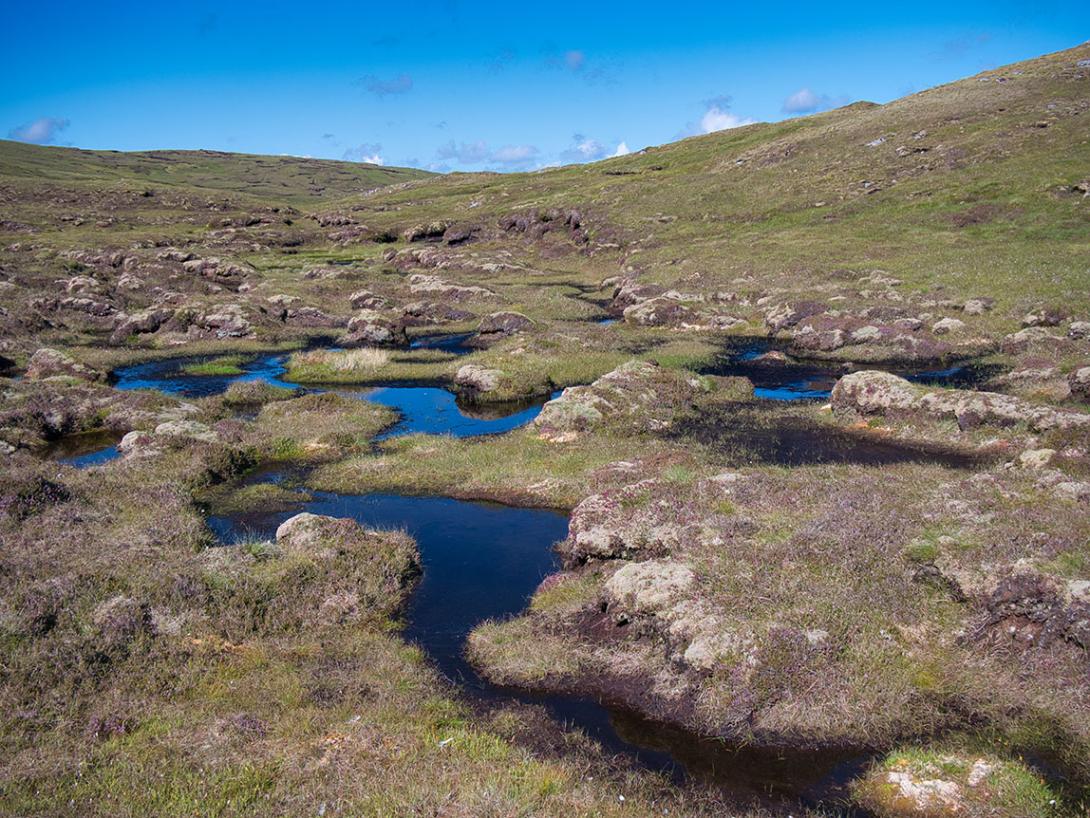
Globally, the picture is equally worrying
WWF’s Living Planet Report shows average population sizes (the stock) of wildlife have declined by 69% since 1970. That's on average - some species have declined as much as 85 or 95%. To put that in perspective imagine the department you work in losing 85-95% of its people.
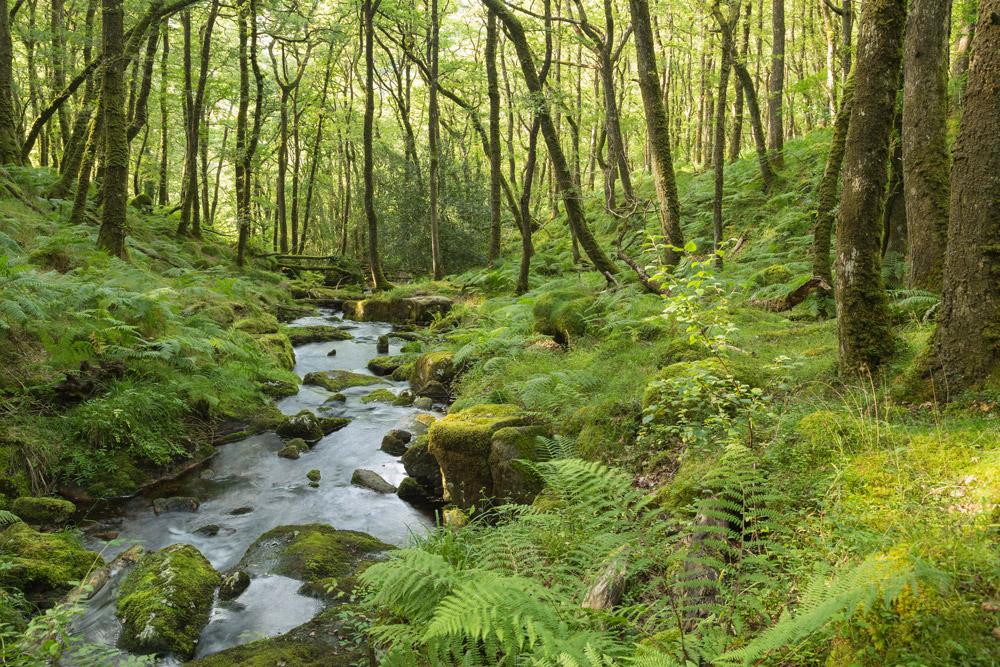
55% of global economy is moderately or heavily dependent on natural resources.
Nature is fundamental to the global economy. Yet the way we do business today is responsible for a huge amount of the destruction of our natural world. Our food system alone is the biggest driver of biodiversity loss globally and accounts for nearly a quarter of global greenhouse gas emissions.
Find out more
To find out more about the link between nature and business and why we all need to take action, watch our award-winning films
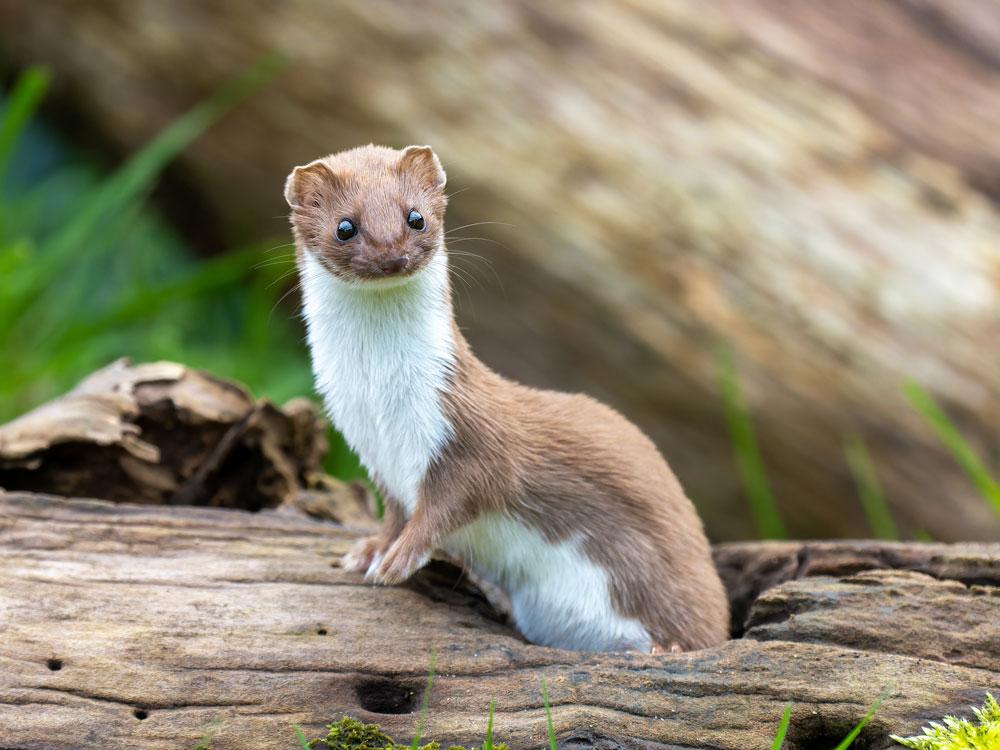
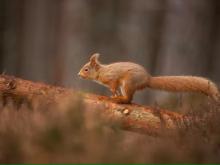
The Business of Nature
How can businesses help solve the nature crisis?
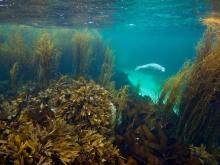
Catch-22
Explore the impact of overfishing and dredging on our UK seas.
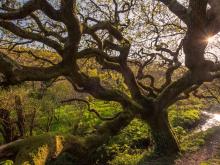
Banking on a Wilder Tomorrow
How can finance solve the nature crisis?
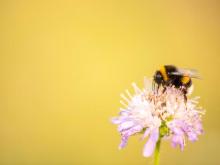
Hungry For Change
Why is the food system one of the biggest causes of nature loss?
Take the next step.




